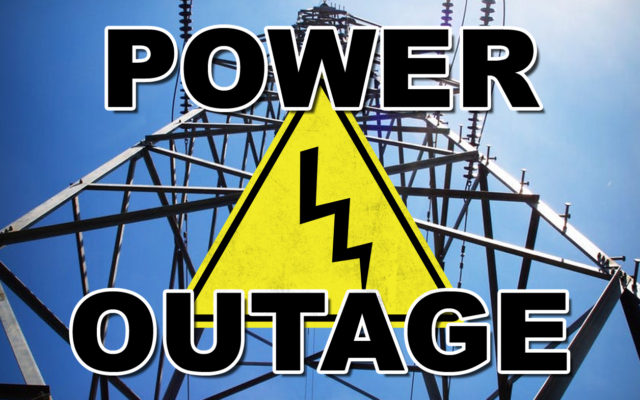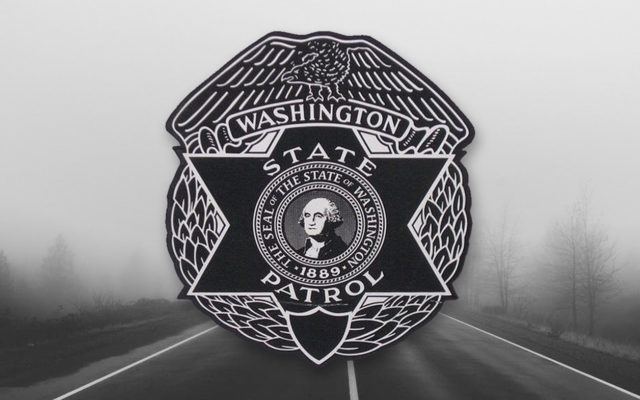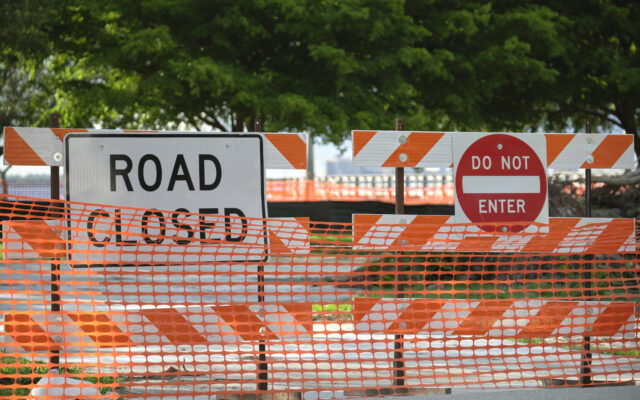New rules intended to make railways safer being proposed

Changes being proposed to railroads across the state are meant to strengthen oil spill response efforts to protect people, wildlife and the environment
In 2015, Washington began requiring railroad companies to have oil spill contingency plans to ensure they are adequately prepared in case of a spill.
In a release from the Department of Ecology they state that “Railroad lines stretch across thousands of miles in Washington, often along pristine rivers and shorelines of the state. An oil spill from a train could pose a significant threat not only to the environment but to people and local economies.”
Following the state changes, the DOE is proposing updates to streamline requirements and strengthen response to potential railroad spills.
Ecology is proposing:
- Enhance readiness requirements for oils that may weather and sink when spilled.
- Improve ability to rescue and rehabilitate wildlife that may be affected or oiled during a response. Ensure that the railroad response teams are trained and well qualified to manage a response in Washington.
- Update oil spill drill requirements.
- Streamline plans for small rail lines that don’t move crude oil, with requirements that are in line with the size and scope of their operations.
Legislation driving the changes is included in 2017’s ESHB 1136 and 2018’s E2SSB 6269.
Ecology invites the public to weigh in on these changes through July 22, 2019. Ecology is hosting a public hearing for this rule proposal in Seattle, another in Spokane, and an online webinar public hearing. For full information about dates and times, visit Ecology’s Oil Spill Contingency Plan – Railroad website.



